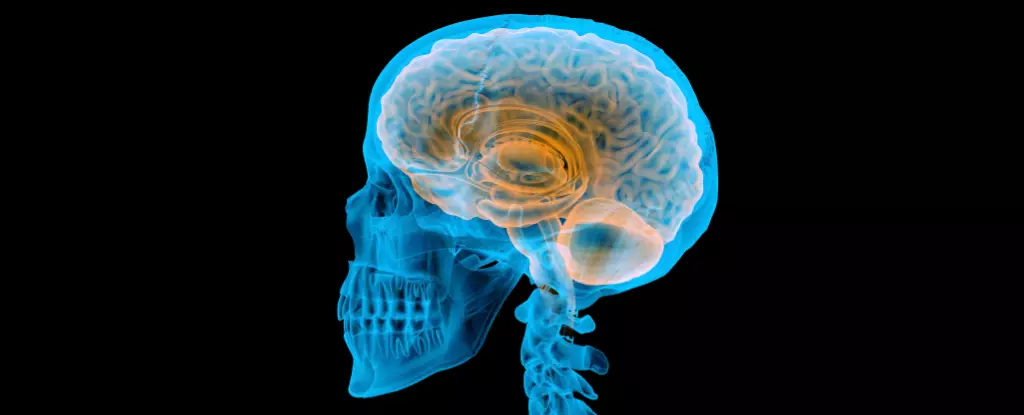In recent years, interdisciplinary studies have illuminated the crucial role that gut microbiomes play in human biology, particularly concerning brain development. Researchers have proposed that the symbiotic relationship between humans and the trillions of microbes residing in our digestive systems has been fundamental in shaping our evolutionary path, particularly in growing our brain size. This relationship is particularly fascinating as it reveals not only biochemical interactions but also evolutionary advantages that may have been pivotal for our ancestors.
Katherine Amato, an anthropologist at Northwestern University, provides valuable insights into how our gut microbiomes may have been tailored to feeding our larger brains rather than merely storing energy. This focus on energy production, distinct from that seen in other primate species, positions human evolution in a unique context. The underlying metabolic demands posed by human brain tissue—recognized as being metabolically costly—might have driven changes in our overall physiology, suggesting that what occurs in our gut is integral to our cognitive capabilities.
To delve deeper into these concepts, Amato and her colleagues employed a controlled laboratory setting, utilizing ‘germ-free’ mice inoculated with microbiomes from various primate species—including humans, squirrel monkeys, and macaques. By thoroughly examining metabolic markers such as fasting glucose, fat percentage, and triglyceride levels, researchers unveiled compelling evidence of differing metabolic pathways influenced by gut microbes.
The findings demonstrated that mice given human gut microbiomes exhibited a metabolic profile favoring the production of energy-centric molecules, such as glucose, rather than fat storage. This is particularly intriguing when contrasting this with macaques, whose microbiomes evidently shifted energy priorities towards fat accumulation. The study indicated that both humans and squirrel monkeys display adaptations that emphasize energy production, underlying a biological strategy that potentially supported the evolution of larger brains.
The implications of these findings extend to a broader understanding of evolutionary biology. Evidence suggests a trade-off exists between brain and body growth across various mammalian species, including humans. This trade-off is reflected in developmental stages where periods of rapid physical growth coincide with shifts in energy demands of the brain. Amato and her team emphasized that during critical developmental phases—from infancy to puberty—energy expenditure patterns indicate the brain’s peak demands, particularly in childhood, aligning with slower growth rates in body mass.
This crucial insight supports a theoretical framework in which adjusting gut microbiomes can yield metabolic benefits that directly impact brain energy efficiency and overall cognitive capabilities. Such dynamics underline how our gut microbes are not merely passive participants but are active contributors to our development and functioning as complex organisms.
Moreover, the investigation into the variations of gut microbiota among different primate species begs the question of how microbial diversity among humans affects our health and nutritional strategies. While the current study sheds light on the primate evolution trajectory, it also opens avenues to explore how our modern lifestyle choices, including diet and environment, might influence the composition and functionality of our gut microbiomes, thereby affecting our cognitive health.
Amato’s findings resonate with the growing narrative surrounding personalized medicine and nutrition, stressing the importance of considering our microbiomes’ diversity in relation to individual metabolic responses. The transformative understanding of gut bacteria’s role in energy management signals a shift in scientific perspectives, suggesting a need for comprehensive studies to investigate how maintaining optimal gut health can enhance cognitive functions in contemporary living.
In closing, examining the profound influence of gut microbiomes on energy production and its correlation with brain evolution raises essential questions about our physiological adaptations. It establishes a compelling narrative of mutual evolution where microbial communities are partners in our growth and development. In recognizing this intricate relationship, we can appreciate the complexities of human evolution, the delicate balance of trade-offs in our biological systems, and the potential for future research to deepen our understanding of gut health’s role in enhancing human cognition. Such knowledge could ultimately be pivotal in addressing neurological health issues and fostering better cognitive abilities as we continue to evolve in an ever-changing environment.


Leave a Reply